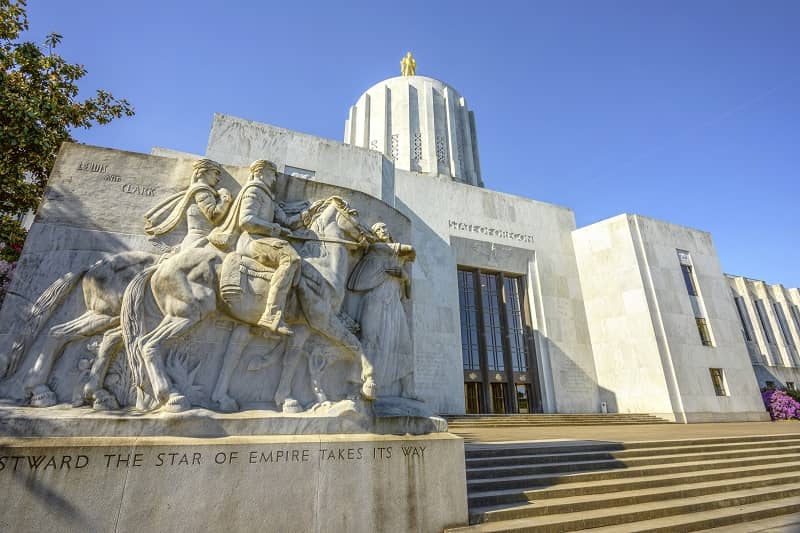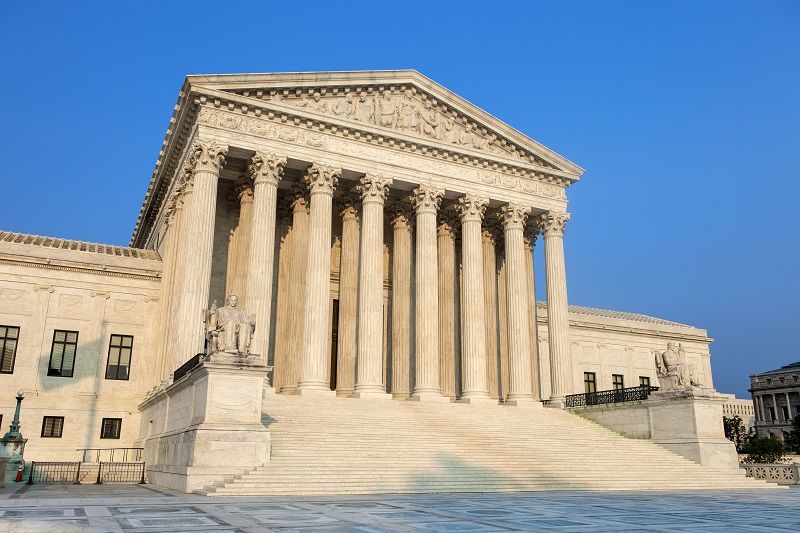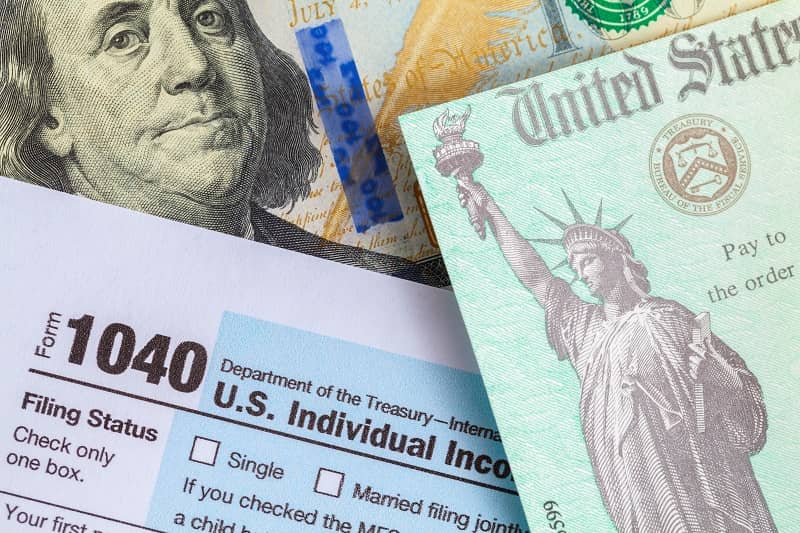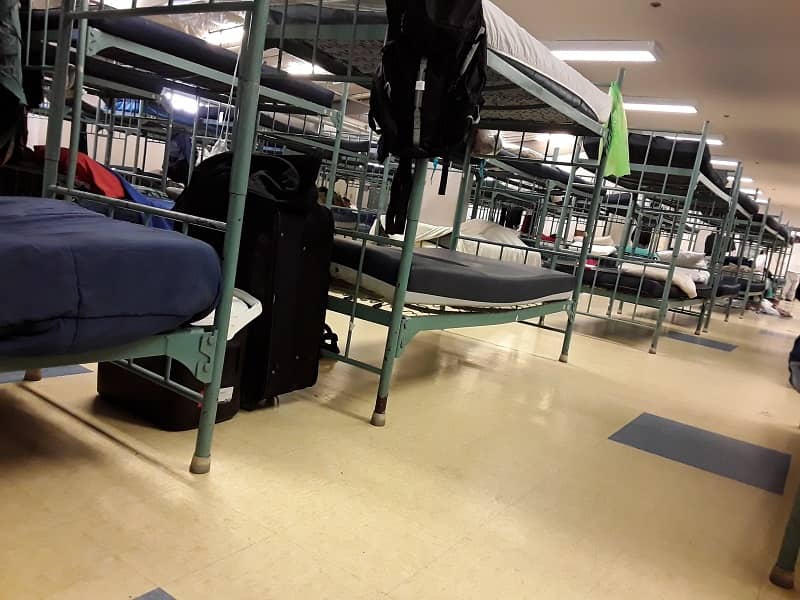In 1804 an Ursuline nun in New Orleans asked Thomas Jefferson to clarify in writing her religious community’s right to retain their property and to continue their ministries without government interference following the Louisiana Purchase. As French Catholic Louisiana was being incorporated into the Anglo-Protestant United States, the nuns were concerned about the status of their institutions under U.S. law. President Jefferson assured her that the government would not interfere with the sisters’ property, ministries, and way of life. In a letter dated May 15, 1804, he wrote:
“I have received, holy sisters, the letter you have written me wherein you express anxiety for the property vested in your institution….The principles of the constitution and government of the United States are a guarantee to you that it will be preserved to you, sacred and inviolate, and that your institution will be permitted to govern itself according to its own voluntary rules, without interference from the civil authority.”
Jefferson confidently promised that the American Constitution would protect the nuns and that the government would leave them alone. So why don’t Catholic sisters today even qualify for a religious exemption from ObamaCare’s insurance mandate that requires contraception and abortion coverage? It may seem unbelievable, but according to the Obama Administration’s definition of “religious employer,” sisters are not included.
Last year the Department of Health and Human Services (HHS) directed almost all employers to include coverage of contraceptives and abortion-inducing drugs in their employee health insurance policies, or else pay a fine of $100 per employee, per day. HHS subsequently published a final rule that requires many health insurers to charge all enrollees to cover the cost of elective abortions.
The “HHS Mandate” has a narrow conscience exemption that applies only to organizations whose purpose is solely to inculcate religious values and which employ and serve primarily members of their own faith. The exemption does not include religiously affiliated or faith-based institutions which serve all people without discrimination (like hospitals, colleges, schools, and social service agencies). And it doesn’t apply to communities of nuns.
Because of this, the Becket Fund for Religious Liberty filed a lawsuit September 24 in federal district court in Denver on behalf of the Little Sisters of the Poor. The Sisters are a nearly 200-year-old religious community dedicated to caring for the elderly poor. They run 30 homes in the U.S. (four in the West) and care for nearly 13,000 people in 31 countries.
“We cannot violate our vows by participating in the government’s program to provide access to abortion-inducing drugs,” said Sister Loraine Marie, a superior of one of the American provinces of the Little Sisters community.
“The Sisters should obviously be exempted as ‘religious employers,’ but the government has refused to expand its definition,” said Becket Fund senior counsel Mark Rienzi. “These women just want to take care of the elderly poor without being forced to violate the faith that animates their work. The money they collect should be used to care for the poor like it always has―and not to pay the IRS.”
According to the Becket Fund, the lawsuit “is the first of its kind both because it is a class-action suit that will represent hundreds of Catholic non-profit ministries with similar beliefs and because it is the first on behalf of benefits providers who cannot comply with the Mandate.”
Jefferson explained to the Ursuline nuns that American law would protect them and their institutions, regardless of the differences among American citizens:
“Whatever the diversity of shade may appear in the religious opinions of our fellow citizens, the charitable objects of your institution cannot be indifferent to any; and its furtherance of the wholesome purposes of society, by training up its younger members in the way they should go, cannot fail to ensure it the patronage of the government it is under. Be assured it will meet all the protection which my office can give it.
“I salute you, holy sisters, with friendship and respect.”
Like the Ursuline nuns of Jefferson’s time, the Little Sisters of the Poor seek to secure their right to live out their faith through service to those in need. Catholic sisters do not give up their religious freedom when they establish nursing homes―or any other ministry. We can imagine what Thomas Jefferson might think of American women having to sue the Obama Administration to defend their First Amendment rights. But can we doubt he would be dismayed by how intrusive and coercive the federal government has become since the day he wrote so cordially to a group of French nuns about the safeguards of the American Constitution?
Kathryn Hickok is Publications Director at Cascade Policy Institute, Oregon’s free market public policy research organization.











